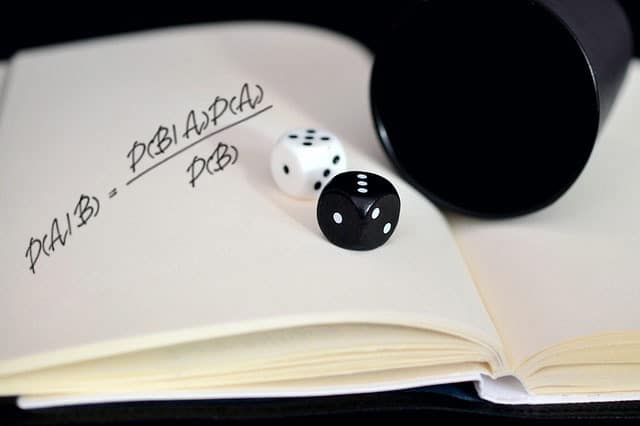 The inverse problem is fundamentally related to the subject of causality. Think about a scenario…
The inverse problem is fundamentally related to the subject of causality. Think about a scenario…
What will happen if you grab a solid rock and throw it at your neighbor’s window? The most common result is that the window will break. If your neighbor later asks if you know anything about the incident, you can confidently inform him that his window was broken because you threw a rock at it earlier. Cause and effect — sounds pretty straightforward.
But what if it wasn’t you who broke the window and, in fact, you have no idea what broke it? Did someone else throw a rock at it? Was there a large temperature difference between the center and the periphery of the glass which caused a spontaneous breakage? Or was it a spontaneous breakage caused by a fabric defect?
You see, unlike the previous question, this one is actually not straightforward to answer. It involves solving the sо-called inverse problem: inferring the causes of a particular effect.

 If you ever came across Bayes’ theorem, chances are you know it’s a mathematical theorem. This theorem has a central role in probability theory. It’s most commonly associated with using evidence for updating rational beliefs in hypotheses.
If you ever came across Bayes’ theorem, chances are you know it’s a mathematical theorem. This theorem has a central role in probability theory. It’s most commonly associated with using evidence for updating rational beliefs in hypotheses.